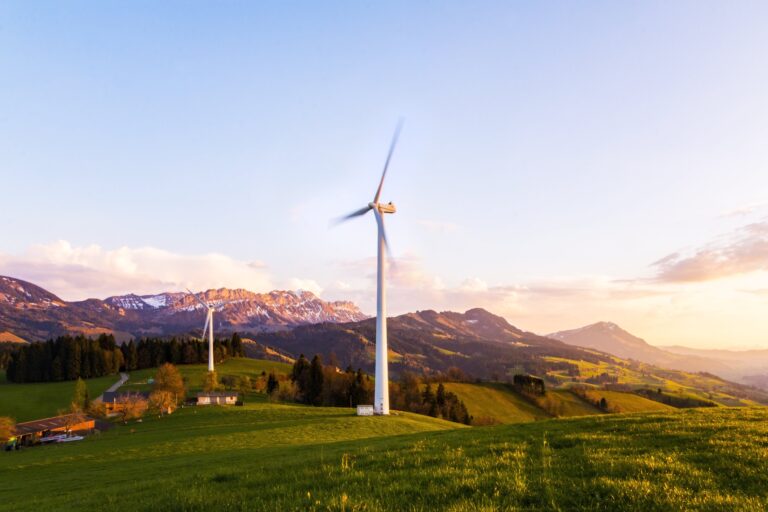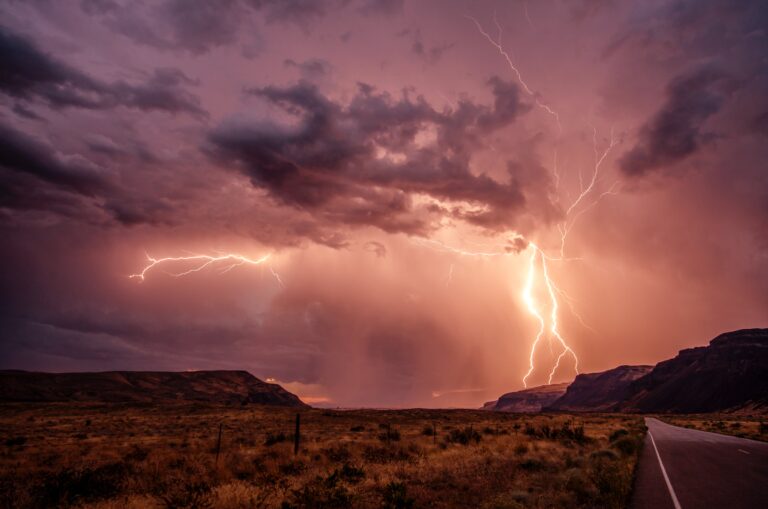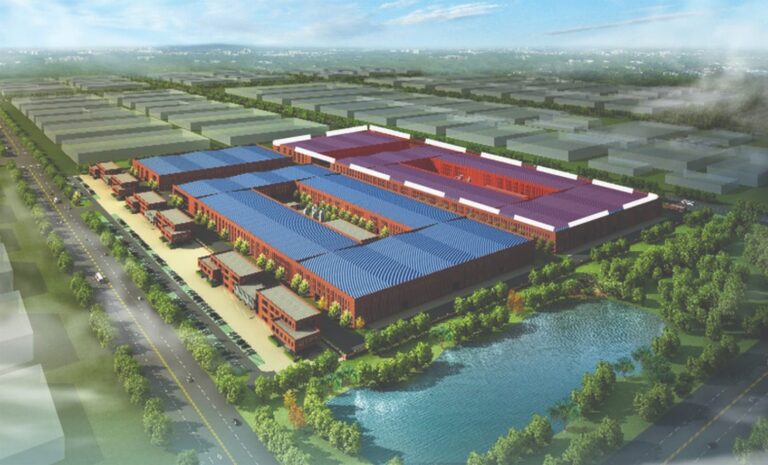Progressive US Climate Policy Could Be Dead

Axios published a long analysis of what may happen to federal climate policy over the next several years. Changing climate change for the better is not financially and economically free. The National Bureau of Economic Research recently published a paper titled “Climate Policy Reform Options in 2025.” One aspect of the political landscape not entirely spelled out in the research is that progressive climate policy would be nearly non-existent in a Trump administration. There could be incentives for increasing harmful emissions, actually.
Government Problem —Floods Getting Worse
More Policy —Big Oil, Big Plastic
The core of the abstract of the paper:
Model results suggest that the emissions reductions of the Inflation Reduction Act are significantly augmented under scenarios that add a modest carbon fee or, to a lesser extent, that implement a clean electricity standard in the power sector. Second, net fiscal costs can be substantially reduced in scenarios that include a carbon fee, especially if fossil fuel exports are taxed. Third, expanding the IRA tax credits yields modest additional emissions reductions with higher fiscal costs. Finally, although none of the policy combinations across these scenarios achieve the U.S. target of a 50-52% economy-wide emissions reduction by 2030 from 2005 levels, the carbon fee and clean electricity standard scenarios achieve these levels between 2030 and 2035.
Regardless of which party gains the presidency, there is a chance that Congress remains divided. Alternatively, one party may hold the presidency, and a single opposition party may control the Senate and House. Any configuration that allows one party to block legislation means charging a new fossil fuel tax is unlikely. A “clean electricity standard” would also face hurdles.
What Is At Stake?
What is at stake? The target of an economy-wide reduction of 50% in greenhouse gas emissions (from 2005 levels) by 2030. Even with aggressive legislation that puts the country on this track, nothing the government can do will likely allow the US to hit that goal exactly.
Much of The National Bureau of Economic Research deals with alternative energy, particularly “utility-scale” wind and solar. If recent history is any guide, these industries rely on substantial private-sector investment. This has been slow, in part due to the cost of money now and the failure of some of the wind and solar projects to deliver expected results.
The report concluded, “Beyond the tax reform debate that is likely to occur in 2025, other factors could also shape U.S. climate policy, including policy developments abroad, climate change impacts, macroeconomic developments, and unknown geopolitical events.” However, more specifically, it depends on who holds the White House, Senate, and House.
More from ClimateCrisis 247
- Electric Bill Will Skyrocket As Service Gets Worse
- Air Travel Jump To Trigger Higher Greenhouse Gases
- Massive Kuwait Oil Find Boosts Future Of Fossil Fuels
- New Yorkers Asked To Cut Electricity Use





